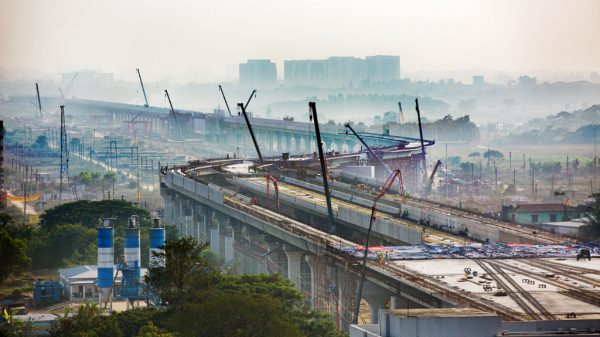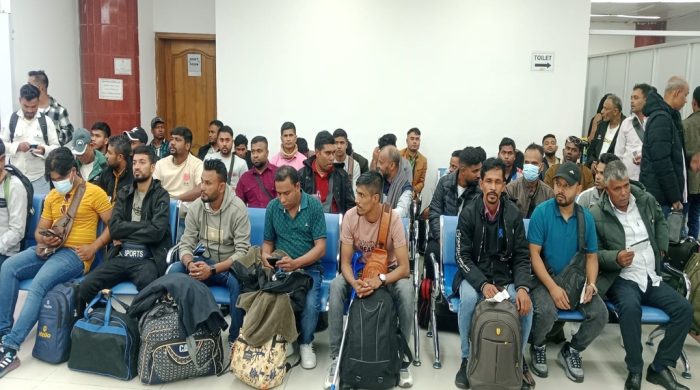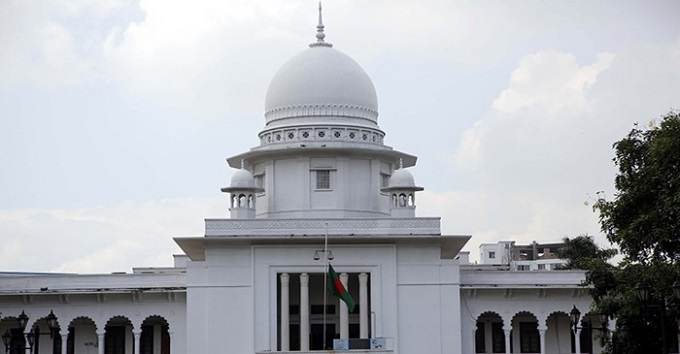Bangladesh economy shows early signs of recovery amid uncertainties: WB

- Update Time : Monday, April 12, 2021
- 118 Time View

Bangladesh’s economy is showing nascent signs of recovery backed by a rebound in exports, strong remittance inflows, and the ongoing vaccination program.
The World Bank said it in its new report titled “Bangladesh Development Update- Moving Forward: Connectivity and Logistics to strengthen Competitiveness,” that was launched on Monday.
It said that after being severely affected by the COVID 19 pandemic—which slowed growth and for the first time in two decades reversed the poverty reduction trend—the economy is recovering gradually.
Over the first half of FY21, factories reopened and exports rebounded. However, the economy faces elevated risks in the context of the ongoing COVID-19 pandemic.
In Dhaka and Chittagong, the country’s two largest cities, recent surveys pointed to a recovery in the labor market in the first half of FY21.
The report mentioned that with gradual restoration of livelihoods, food security in poor and slum areas improved. In Chittagong, the percentage of adults working had returned to pre-COVID levels by February 2021.
“Despite the uncertainty created by COVID-19, the outlook for Bangladesh’s economy is positive. Much of the pace of recovery will depend on how fast mass vaccination can be achieved,” said Mercy Miyang Tembon, World Bank Country Director for Bangladesh and Bhutan.
He said that World Bank will support a resilient recovery, helping Bangladesh achieve green, smart, and inclusive growth.
In FY21, growth will be supported by a recovery in manufacturing as export demand strengthens, a rebound in construction supported by accelerating public investment, and robust service sector growth as the vaccination campaign progress. Inflation is projected to remain close to Bangladesh Bank’s 5.5 percent target, and the fiscal deficit is projected to remain at 6 percent of GDP.
But the report said that risks to the outlook remain elevated. A fragile global economic recovery could dampen demand for RMG products and limit job opportunities for migrant workers.
The COVID-19 pandemic has exacerbated financial sector risks stemming from nonperforming loans and weaknesses in bank governance and risk management.
It also mentioned that improving logistics performance could help accelerate the recovery and improve competitiveness.
The report outlined opportunities to modernize the logistics system to ensure business continuity and build resilience.
This can be achieved through a system-wide strategy to increase logistics efficiency; improve the quality, capacity, and management of infrastructure; improve the quality and integration of logistics services; and, achieve a seamless integration of regional logistics services.
“The COVID-19 pandemic has led to an unprecedented global recession,” said Bernard Haven, World Bank Senior Economist, and co-author of the report.
He said that protecting households affected by the pandemic remains an urgent priority, while structural reforms can help accelerate the recovery.
The Bangladesh Development Update is a companion piece to the South Asia Economic Focus, a twice-a-year World Bank report that examines economic developments and prospects in the South Asia Region, and analyzes policy challenges faced by countries.
The Spring 2021 edition titled South Asia Vaccinates, launched on March 31, 2021, shows that economic activity in South Asia is bouncing back, but growth is uneven, recovery remains fragile, and the economic outlook is precarious.
The report also focuses on the different dimensions of vaccine deployment and provides a cost-benefit analysis of vaccination in the region.

























